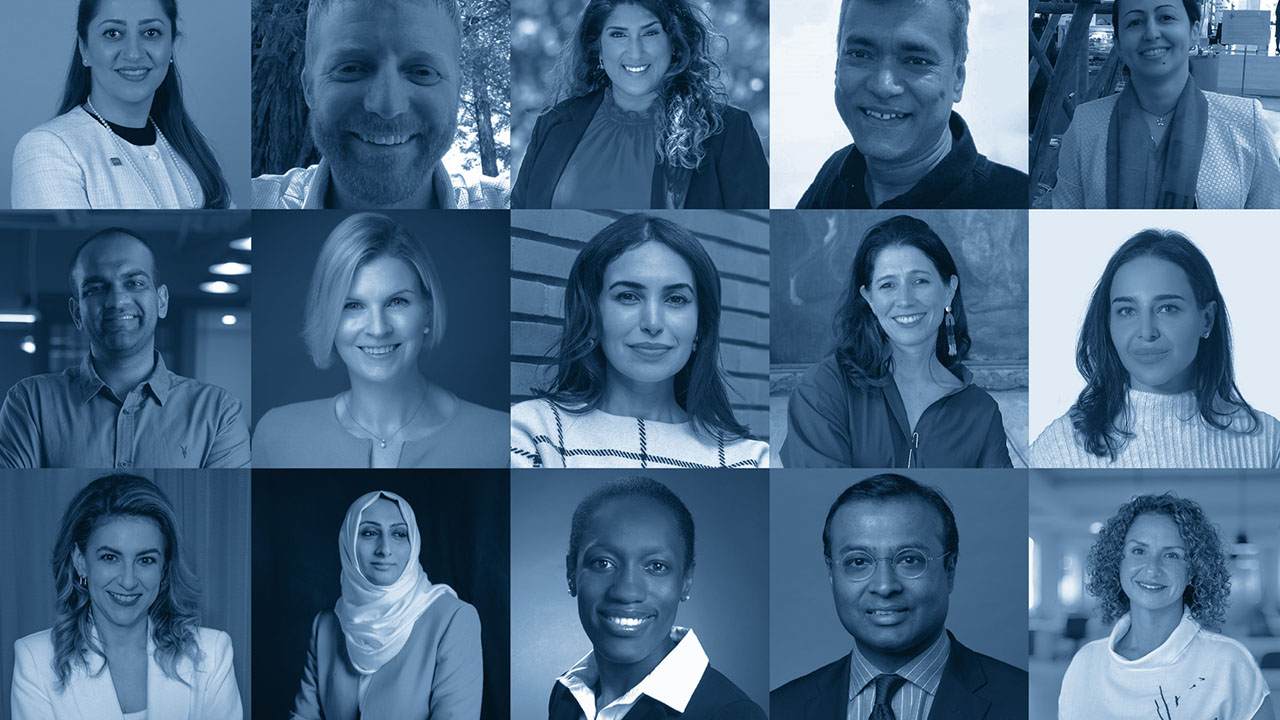- Mailing Lists
- in
- A leader’s guide to the Davos 2025 agenda
Archives
- By thread 4931
-
By date
- June 2021 10
- July 2021 6
- August 2021 20
- September 2021 21
- October 2021 48
- November 2021 40
- December 2021 23
- January 2022 46
- February 2022 80
- March 2022 109
- April 2022 100
- May 2022 97
- June 2022 105
- July 2022 82
- August 2022 95
- September 2022 103
- October 2022 117
- November 2022 115
- December 2022 102
- January 2023 88
- February 2023 90
- March 2023 116
- April 2023 97
- May 2023 159
- June 2023 145
- July 2023 120
- August 2023 90
- September 2023 102
- October 2023 106
- November 2023 100
- December 2023 74
- January 2024 75
- February 2024 75
- March 2024 78
- April 2024 74
- May 2024 108
- June 2024 98
- July 2024 116
- August 2024 134
- September 2024 130
- October 2024 141
- November 2024 171
- December 2024 115
- January 2025 216
- February 2025 140
- March 2025 220
- April 2025 233
- May 2025 239
- June 2025 42
What can you expect from Davos this year?
Invitation: Iapple international | EDB | Discovery call @ Mon Jan 20, 2025 1:30pm - 2:15pm (GMT+5:30) (info@learn.odoo.com)
A leader’s guide to the Davos 2025 agenda
Leading Off
Collaborate and innovate
by "McKinsey Leading Off" <publishing@email.mckinsey.com> - 02:05 - 13 Jan 2025












